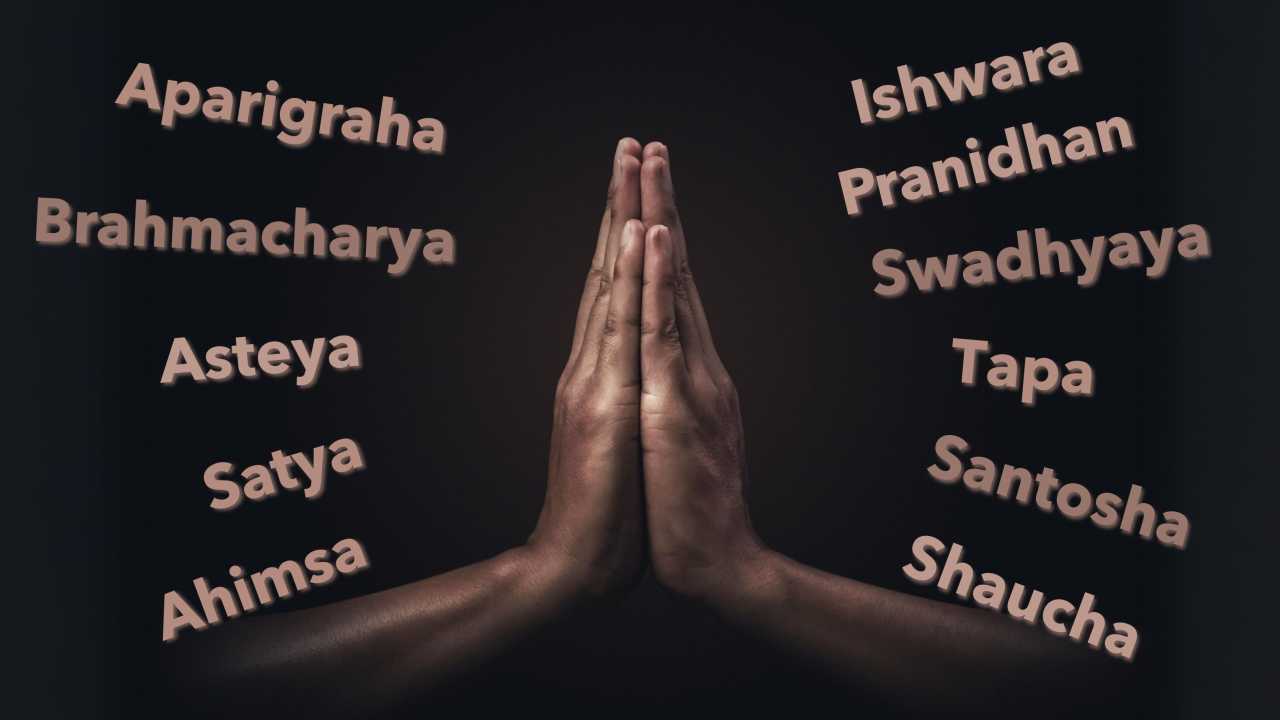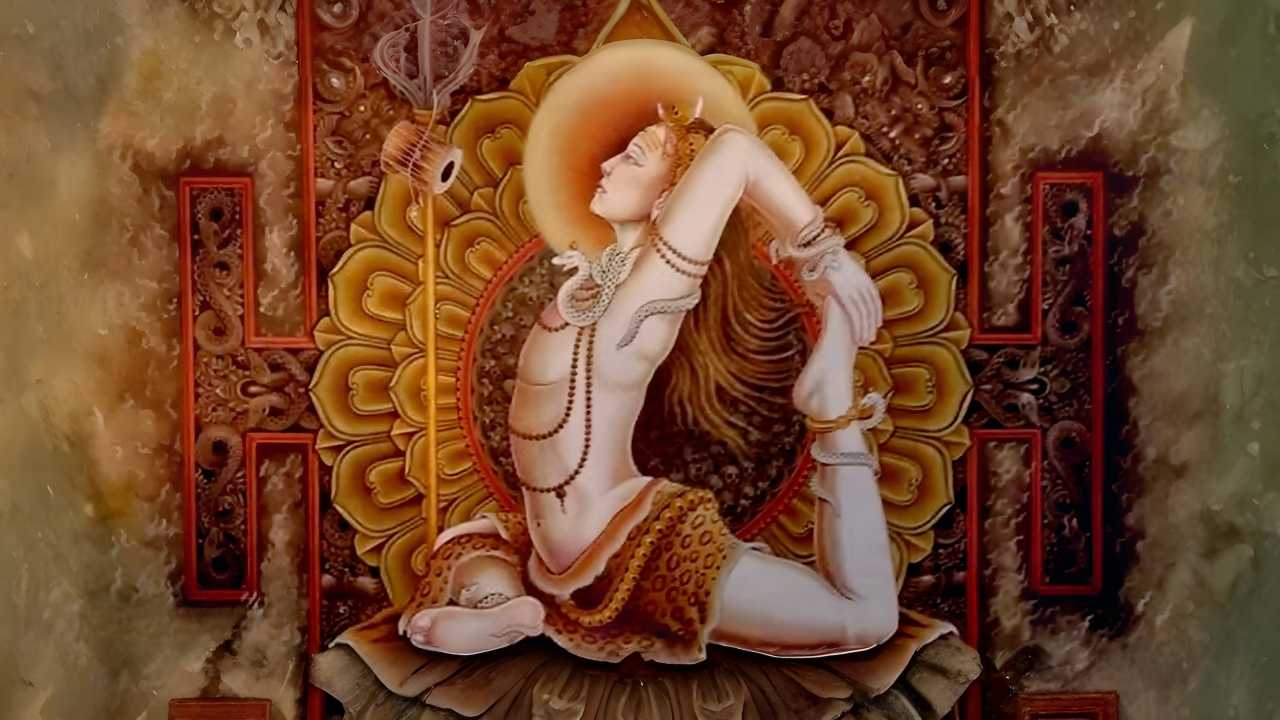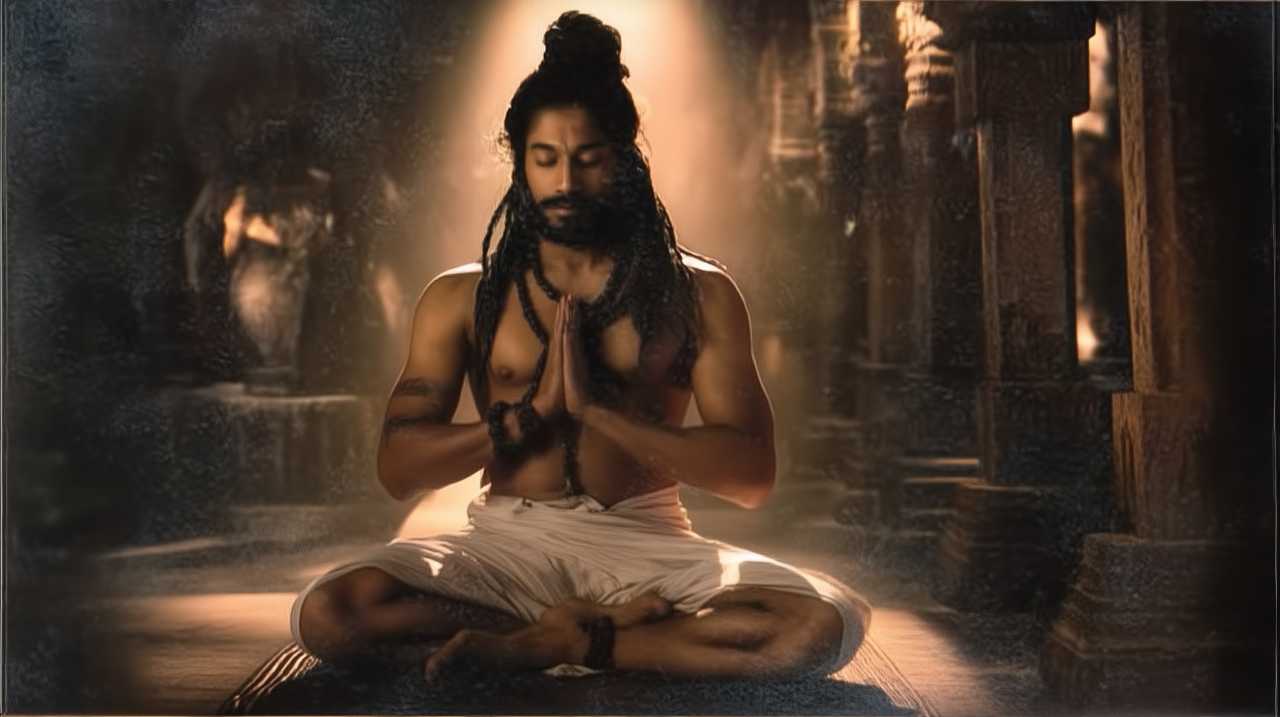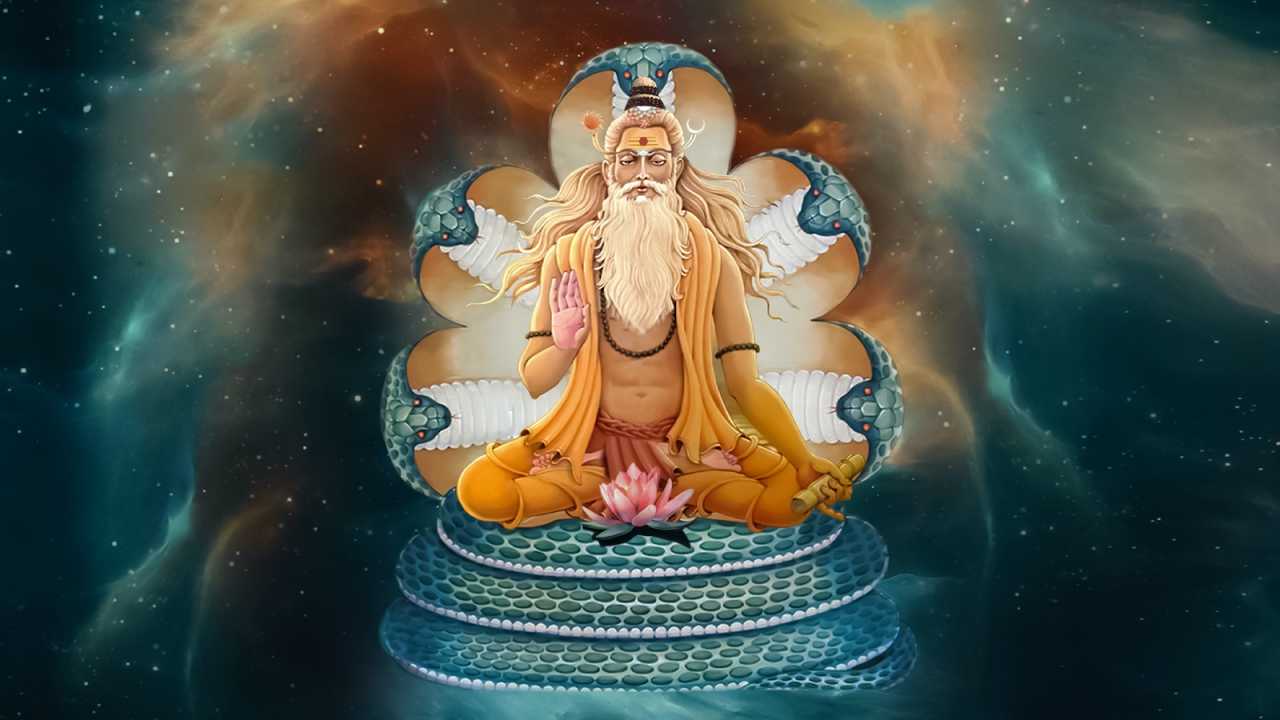Yoga

The mind is akin to an iceberg, with its massive base submerged in the water. A storehouse of many lifetimes, it carries much residue that gives us pain and anguish and affects our relationships – unless we learn the art of tending it daily. The first step lies in taking responsibility, acknowledging that the mind’s condition is entirely self-created; others merely provide situations.
A Sadguru is the one who has purged the mind of all darkness from...

Patanjali’s Yoga Sutras are a cornerstone of yogic philosophy, offering profound insights into the workings of the mind and the true purpose of yoga. The celebrated second sutra encapsulates the very essence of yoga: yogaḥ citta-vṛtti-nirodhaḥ. In this article, revered Gurudev Anandmurti Gurumaa offers an insightful exposition on this timeless aphorism, revealing its intended meaning.

The discipline of yoga doesn’t begin—or end—with asanas. Just as a tree can bear flowers only with its roots deep in the earth, the yoga aspirant must carefully cultivate certain foundational values without which the flower of meditativeness won’t bloom. Sage Patanjali has grouped them into five yamas (restraints) and niyamas (observances), which purify the mind and prepare the ground for sadhana. In this article, revered Gurudev Anandmurti Gurumaa’s profound insights guide us...

This International Day of Yoga 2025, take a moment to explore what yoga truly means. Beyond fitness trends, yoga is the inner science of consciousness, first expounded by Shiva, the Adiyogi. Read on as revered master Anandmurti Gurumaa delves into its essence, inspiring us to walk the path with fervour and right understanding. This article is drawn from “Path of Yoga,” a discourse given by the Master on the same occasion in 2015.

Many Hindus adore the Divine by visiting temples or performing aarti, waving lamps, beating drums, and playing cymbals before a murti (idol). In this insightful article, Pujya Gurudev Anandmurti Gurumaa elucidates that for a yogi, God is not a mere statue. The Divine has no form or name; it is the unchanging, absolute existence. Yogis perform their worship differently—by stilling their mind in meditation and adoring the Atman, the pure and...

Most people have experienced ordinary love in their lives, whether between a mother and child or a boyfriend and girlfriend. However, this kind of love is physical and self-centred—it lasts only as long as needs and demands are met. You haven’t yet known that true and unconditional love. I say, if you haven’t tasted Divine love even for a moment, you haven’t really lived yet.

A common proverb says: “An idle mind is the devil’s workshop.” But meditative traditions teach the opposite – that emptying the mind of all content is essential. To reach this state of thoughtlessness, certain preparations must be made: cultivating a strong and healthy body, steady posture and the composure and resolve to face the mind’s ploys. With these in place, one can begin taking charge of the mind and experience the blissful stillness of dhyana.

The vagaries of the mind have been the same since time immemorial, as have its remedies. In the Bhagavad Gita, Sri Krishna teaches us to still the mind and bring it inward. However, more than being just a mechanical practice, the path of meditation requires deep understanding and discriminative wisdom.

Many people say they are bhaktas, devotees of Krishna. But if they do not understand or follow Krishna’s teachings, how can they be called devotees? It is like a lady saying she loves her husband but never listens to him! Love is not in empty words. You do not become a devotee by merely performing arati or singing His name. You truly become a bhakta when you have joined your heart to Krishna in love and devotion, and...

The Shiva Purana narrates how Parvati wins Shiva’s love – not by her beauty or wealth, but by her one-pointed devotion and intense yogic practice. It is not a story of an ordinary wedding but about a divine union with symbolic significance.



